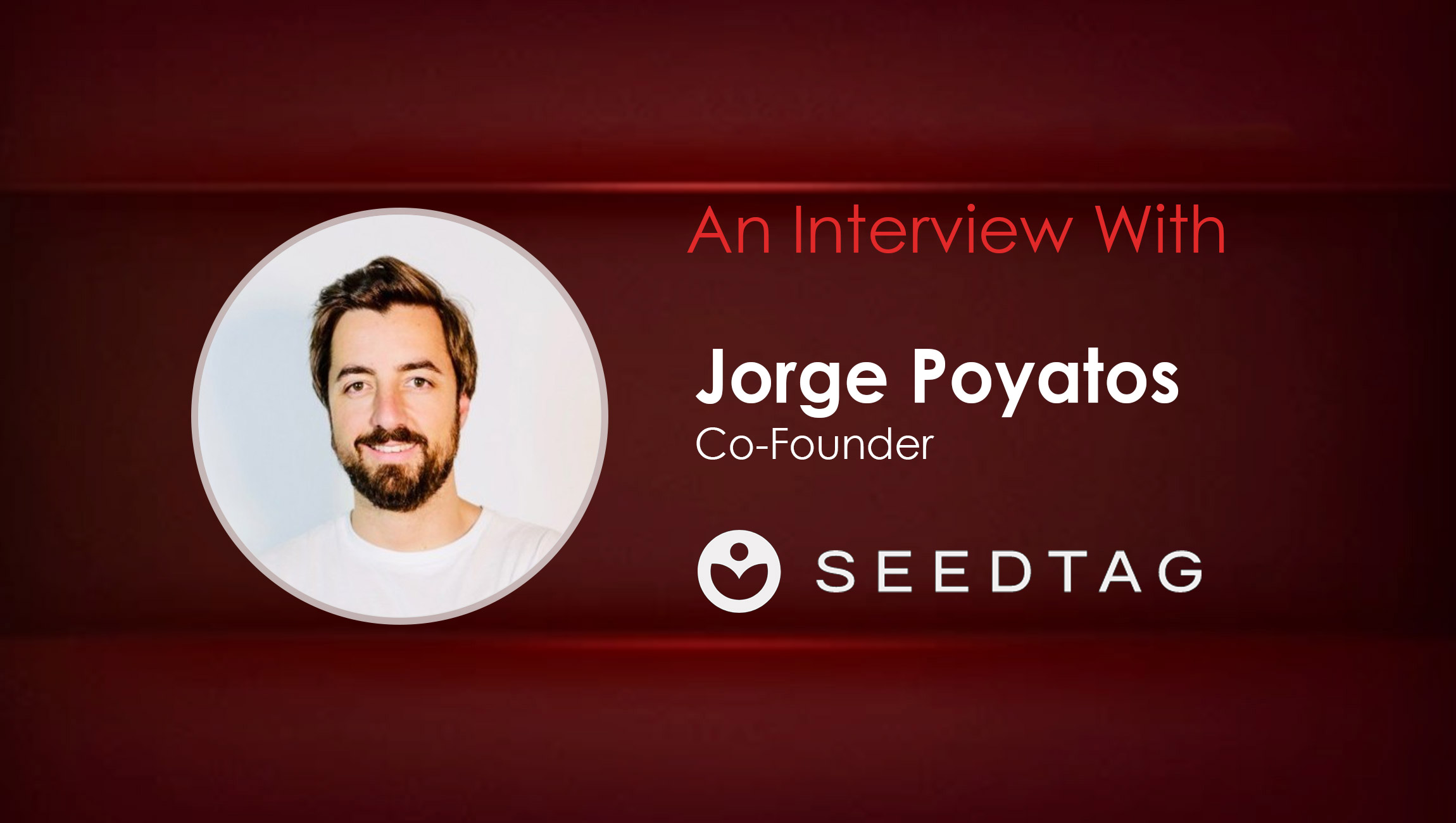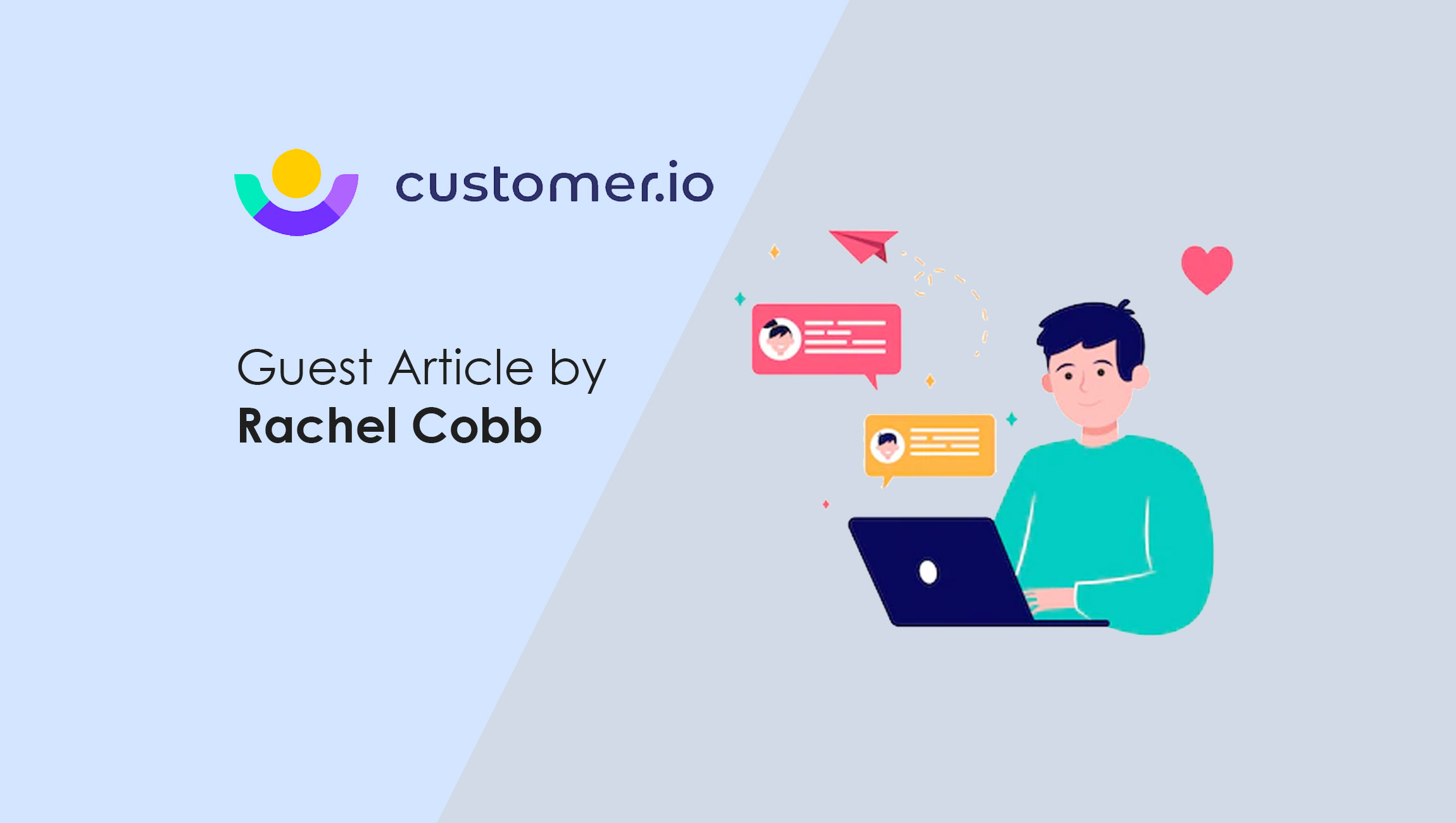How can B2B marketers and advertisers provide a more fruitful contextual online experience? Jorge Poyatos, Co-founder at Seedtag has a few views to share:
___________
Welcome to this MarTech Series chat, Jorge, tell us about yourself and your journey through the B2B market. We’d love to hear about the evolution of the seedtag platform, especially the growth journey since its inception…
I have always loved inventing and building things, ever since I was a child. This led me to study industrial engineering at university, during this time I wrote a thesis in computational fluid dynamics. I applied my educational background and my entrepreneurial aptitude for business to build a professional background in the engineering, business development and product innovation sectors where I have worked across the world in Europe, the US and LATAM.
After working as a consultant for Oliver Wyman, I transitioned to Google where I became particularly familiar with the digital business sector. Whilst working at the company, I met my now co-founder and friend Albert Nieto and, together, we started to explore an idea that laid the foundation to embark on a new and exciting adventure, resulting in us leaving Google and starting Seedtag.
Eight years on, Seedtag has become the leading contextual advertising company in Europe and LATAM and one of the most promising adtech companies in the industry. Each chapter of my professional life has led me to this point and I have relished every opportunity that has come my way. Today, Seedtag is made up of more than 300 people in over 10 offices across EMEA, Latin America and most recently the US where we opened our headquarters in New York City only a month ago.
We believe we were born contextual; over the last eight years, we have been focused on contextual and providing a leading and innovative advertising solution to our consumers. Since founding the company, we have always been at the forefront of technology, to the point where we are now able to apply our leading contextual AI to provide an effective privacy first advertising solution.
The company is always developing and expanding which has been reflected in the key milestones we have reached in the last few years. We recently acquired the French adtech business KMTX, while also successfully securing a series of funding rounds and opening new offices across the globe.
Kudos on your recent funding round, we’d love to dive into the details and also, how do you foresee the next few years for seedtag: what would the key focus areas be for the brand?
We are very happy to have been able to close a great deal for the company, despite very complicated market conditions. Bringing onboard such a strong partner like Advent International, with its global presence, will accelerate our international expansion and help us massively in bringing our product to the US market. In addition to this, they will support Seedtag’s inorganic growth strategy, allowing us to explore M&A opportunities that will boost our technological capabilities and global footprint.
Our focus remains unchanged – Seedtag’s mission is still to be the global contextual partner for brands and publishers. We are building the most powerful advertising solution to achieve our clients’ objectives while respecting users’ privacy. Now everyone is trying to jump on the contextual bandwagon but we have been developing our contextual AI for the last 8 years so we’re still many steps ahead of the competition.
Last year, for example, we introduced Seedtag Lab into the market, pioneering the use of unsupervised machine learning for contextual advertising and providing our clients with a comprehensive view of what users are interested in and how they can leverage this data to boost brand values and elevate brand perception. More recently, we have expanded our contextual capabilities to deliver performance KPIs based on predictive algorithms using cookieless signals.
The web is massively changing and we are putting all our energy into ensuring our clients have an effective full funnel advertising solution and they can transition seamlessly into this cookieless future.
Marketing Technology News: MarTech Interview with Kevin Wang, SVP of Product at Braze
What do you feel is affecting today’s marketers and advertisers in creating better contextual ad experiences? What adtech / martech best practices and processes can help here?
The main challenge we see advertisers are facing is actually defining their contextual advertising strategies. Brands have spent many years developing the demographic and socioeconomic profiles of their customers but they have no idea about their contextual profile. As a result, most brands now define their contextual strategies based on intuition but are lacking hard data that proves they are using the right parameters.
As part of our mission, we are partnering with these brands to provide this data and to support them on this transition. Through Seedtag Lab, we work hand in hand with CMOs and brand managers and combine the data we see in the market with their knowledge to define contextual strategies that really perform and deliver on their goals.
Tell us your thoughts on the impact of AI in adtech and how it will lead to a shift in how platforms are used to drive digital ad ROI?
AI has already been a huge engine for adtech. Most programmatic advertising uses AI in one way or another, either to define a target, optimise KPIs or improve bidding strategies. This has led to an increase in effectiveness and therefore we have seen a huge shift of ad dollars into programmatic advertising. In the future, I would expect this to continue – the power of AI will continue to grow and this will result in better decision making.
However, even more important than the power of AI is the amount of data available for the machine to learn and identify patterns, and this can become a bit tricky. In the past years, we have been wildly collecting data from users without their knowledge and this must stop. As a result, the amount of data available will decrease and some advertising solutions will lose effectiveness.
Some last thoughts, on the future of martech/adtech?
Users are clearly demanding better protections of their privacy and more regulation of the retention of their own data. This has resulted in new legislation being introduced such as the ADPPA Bill that is making its way through Congress in America. This is the moment not to look back but forwards for innovative marketing solutions that will preserve privacy and align with the users’ wants and needs. People like browsing the internet but have trouble trusting it with their privacy; this is why Google’s removal of third party cookies, scheduled for 2024 is a welcome development. This will allow the internet to evolve to a space that is more open and transparent.
This, however, will lead to challenges of addressability. As the death of cookies is forcing marketing strategies to evolve at speed, new solutions are appearing such as unified IDs and first party data, both of which are great but lack scalability and reach. Seedtag’s contextual technology offers a solution that combines both scale and effectiveness across the open web!
Marketing Technology News: Social Wise: Leveraging AI and APIs to Enhance CX on Social Messaging Channels

Seedtag is a leading contextual advertising company.
Jorge Poyatos is Co-founder at Seedtag.
Missed The Latest Episode of The SalesStar Podcast? Have a quick listen here!
Episode 136: Driving Sales Revenue Despite Recessionary Times with AJ Bruno, Founder and CEO at QuotaPath
Episode 135: B2B Growth Hacks and Best Practices with Andy Champion, VP and General Manager of EMEA at Highspot
Episode 134: Driving Marketing ROI- Tips and Best Practices with Mariana Cogan, CMO at People.ai











